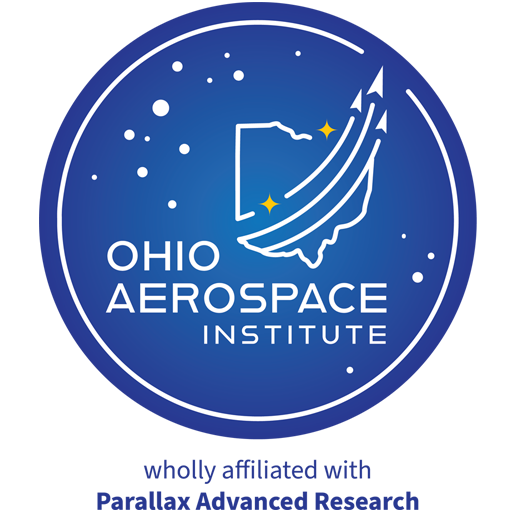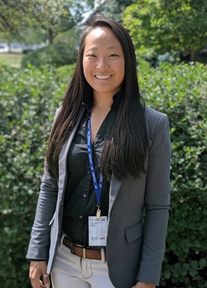KENT – The College of Aeronautics and Engineering (CAE) will offer a Master of Science and a Doctor of Philosophy degree in aerospace engineering starting Spring 2021. These new offerings come on the heels of the college graduating its first class of aerospace engineers last spring.
These graduate programs provide an advanced theoretical and research-oriented curriculum with depth in aerospace-specific disciplines, beyond the general fundamentals of the engineering bachelor’s degree. These two offerings are the first graduate course engineering offerings in Kent State’s history.
“Kent State’s new graduate degrees in aerospace engineering will enhance Ohio’s capabilities in developing future multi-disciplinary innovations that meet the challenges of the 21st Century.” says Blake Stringer, Ph.D., associate professor, and graduate program coordinator.
The college plans to aid in the development of a workforce with advanced training and research capability including defense (AFRL), aerospace (NASA GRC) and aerospace manufacturing and research industries.
“Ohio has an unbroken legacy of leadership in aviation since the Wright Brothers,” says John Sankovic, CEO and President of Ohio Aerospace Institute. “Maintaining strength in the global supply chain requires an innovative workforce. Kent State University’s long history in aviation education, coupled with its new graduate programs in aerospace engineering are well positioned to prepare the future industry leaders to guide aerospace businesses through major transformations brought on by autonomy and electric systems.”
CAE faculty includes 15 full-time aerospace engineering faculty members. Since 2018, seven new tenure-track, research-active engineering faculty have been hired, significantly increasing capacity for growing research, student enrollment and course offerings.
“We believe an investment in aerospace education will provide vast opportunities for our students and contribute to global needs for the aviation and aerospace industries,” says Christina L. Bloebaum, Ph.D., Dean, CAE.
Mentors, internships and university investments in state-of-the-art capabilities including an airport, aircraft simulators, wind tunnel, air traffic control simulation, space systems, human factors, unmanned aircraft systems and additive manufacturing place CAE students at an advantage when entering the workforce.
CAE intends to increase its focus on research areas including spacecraft and space mission design, alternative energy for aerospace systems, autonomous systems (cognition, AI, machine learning, robotics), aviation cybersecurity and air traffic control and aviation logistics.
For more information, visit: www.kent.edu/CAE






 Colleen K. Unsworth
Colleen K. Unsworth